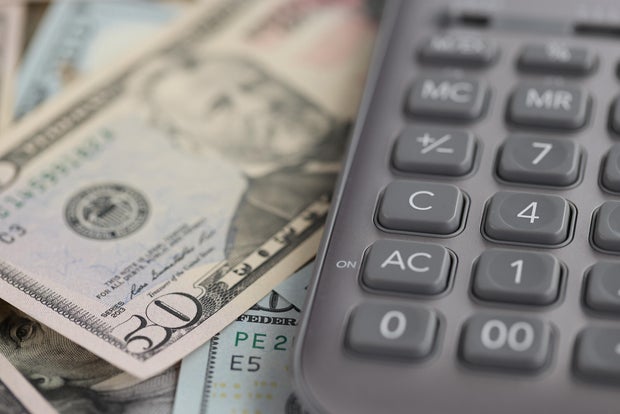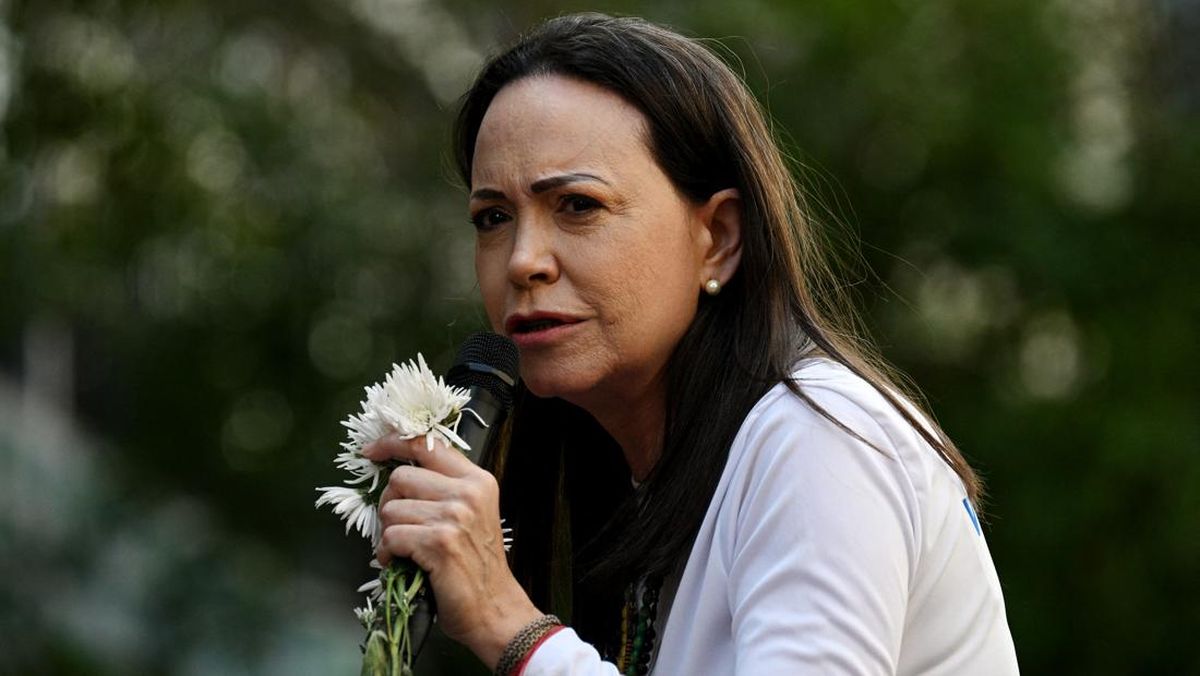 By exploring your options now, you can move from feeling trapped by your debt to taking back control of your finances.
Megaflopp/Getty Images
By exploring your options now, you can move from feeling trapped by your debt to taking back control of your finances.
Megaflopp/Getty Images
Americans are carrying record amounts of debt, and for many, it's becoming impossible to keep up. Total household debt reached $18.39 trillion in the second quarter of 2025, with credit card balances alone topping $1.21 trillion. Average interest rates on those balances are now over 21%, making the payments hard to sustain for many borrowers. When you add in rising costs for everyday essentials, it's clear why more people are falling behind or defaulting on their debt.
So, if you're having to do the math to determine whether you can afford rent or groceries after making the payments on your debt, you're certainly not the only one in this position right now. This isn't about poor financial planning or irresponsible spending, either, though those factors sometimes play a role. Today's tough economic landscape can push nearly anyone into a territory where the math just doesn't add up anymore.
When you owe more for your debt than you're bringing home, though, no amount of coupon-clipping will solve the problem. In these situations, you need strategies specifically designed for situations where a traditional repayment approach won't work.
Find out more about the debt relief options available to you now.
How to get out of debt you can't afford
When debt payments consistently exceed your ability to pay, the following approaches could provide real relief:
Consolidating multiple debts into a lower-rate loan
When you consolidate your debt, the goal is to roll multiple high-rate credit card balances or personal loans into a single loan with a lower, fixed interest rate. Doing this helps to lower your payments and reduce your monthly costs, making your debt more manageable while offering you a clear timeline for paying off what's owed. Note, though, that consolidation works best for borrowers with decent credit scores, since loan rates are based, in large part, on creditworthiness.
For example, let's say you're paying 22% interest across several cards, but you qualify for a debt consolidation loan with a fixed 12% rate. In this case, you're reducing your interest rate by about 10 percentage points overall, and the savings from that, coupled with a lack of compounded interest, could be substantial. So, while debt consolidation doesn't reduce what you owe outright, it can make repayment more realistic.
Learn how the right debt relief strategy could benefit you today.
Settling your debt for less than the full balance
When you're genuinely unable to pay what you owe, pursuing debt settlement, either on your own or with the help of a debt relief company, could be an option. When you enroll in a debt settlement program through a debt relief company, the experts you work with will try to negotiate with your creditors to settle your balance for less than what's owed in return for either a series of payments or a lump-sum payment on the account. While the results can vary, this approach typically reduces your balance by 30% to 50%, before fees, meaning that it could offer you real relief from your debts.
That said, working with a debt relief company does come with fees, and in many cases, the debt settlement process will likely have an impact on your credit. You may also owe taxes on the forgiven debt. For many borrowers, though, the relief they get is worth the risk that comes with debt settlement.
Lowering your rates and fees through debt management
If you have a steady income but high-rate debt is making repayment impossible, a debt management plan could be the solution. Offered through credit counseling agencies, these plans restructure your existing debts rather than replace them with a new loan. To do this, the agency negotiates directly with your creditors to secure lower interest rates, reduce or eliminate fees and set up a single monthly payment that you make to the counseling agency, which then distributes the funds to your creditors.
Most debt management plans are designed to help you pay off your balances within three to five years. Because interest rates are reduced, more of your money goes toward the principal instead of the finance charges. This makes it easier to chip away at balances and stay on track. While your accounts are usually closed while you're on the plan, the trade-off is a clear path to becoming debt-free without taking on new debt.
Filing bankruptcy strategically
Filing for bankruptcy is often considered a last resort due to the serious financial and credit repercussions it comes with, but this route can also provide a clean slate when your debts have become completely unmanageable. There are a couple of ways to do this.
One option is Chapter 7 bankruptcy, which wipes out most unsecured debts within a few months. However, you may have to give up certain assets to have your bankruptcy approved by the courts. Chapter 13 bankruptcy is another common option. Filing for Chapter 13 lets you keep your property while repaying a portion of your debts through a court-approved plan over three to five years.
Either type of bankruptcy will stay on your credit report for years. For many people, though, the long-term relief outweighs the short-term damage.
The bottom line
Living with debt you can't afford is overwhelming, but it doesn't have to be a permanent issue. Options like debt consolidation and debt management can lower interest and simplify payments, while debt settlement and bankruptcy can provide deeper relief when repayment isn't realistic. The right path depends on your income, credit profile and long-term financial goals.
What matters most, though, is taking action early. The longer you wait, the more interest piles up and the fewer choices you may have. By exploring your options now, though, you can move from feeling trapped by your debt to taking back control of your finances.
Angelica Leicht is the senior editor for the Managing Your Money section for CBSNews.com, where she writes and edits articles on a range of personal finance topics. Angelica previously held editing roles at The Simple Dollar, Interest, HousingWire and other financial publications.


















































